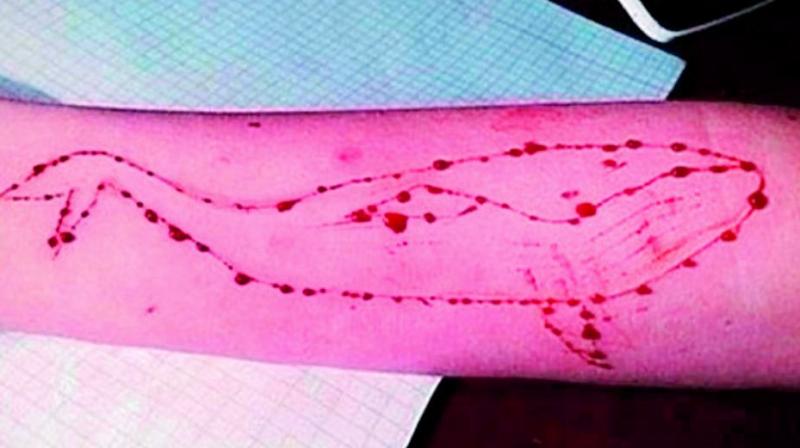From Blue Whale to TikTok, online threat looms large
Even as Blue Whale suicide cases went down, complaints against TikTok videos began to rise.

Two years ago, Blue Whale challenge claimed the lives of youngsters driving the Madras high court and the police to ban the online game after marathon hearings and detailed advisories. This month, the court had to step in against the increasing use of Chinese TikTok app. It voiced concern over “pornographic and inappropriate content” made available through such platforms.
The Madurai bench of Madras high court in September 2017 took the case suo moto following reports of death of a college student after playing Blue Whale. During the hearing of the case, the CB-CID police said links to Blue Whale Challenge had been blocked and it could not be downloaded from play store. However, cops said social media platforms like Facebook and Twitter were used to obtain the links. The bench directed the Central and state governments to explore possibilities of banning the game. It also asked that IIT-Madras director be impleaded in the case to offer suggestions to ban such online games. The police also issued an advisory to parents asking them to keep tabs on the children's online behavior.
Even as Blue Whale suicide cases went down, complaints against TikTok videos began to rise. The petitioner, who sought a ban on TikTok, alleged that the online game encouraged paedophiles and the contents were very disturbing. The Madurai bench of Madras HC, hearing the plea, said people were making cruel humour against the innocent. It also raised concern over teenagers playing pranks and enjoying duet videos with strangers. It also objected to TV channels telecasting TikTok videos.
The court, as an interim measure, directed the authorities to prohibit the downloading of the app. It also asked if the government can enact a statute, like Children's Online Privacy Protection Act, in the US, to prevent the children becoming cyber/online victims.
Interestingly, when TikTok was banned, there was a demand to ban online game PUBG in some parts of the country.
However, the bench, hearing a plea by Chinese company ByteDance which owns TikTok, on Wednesday, lifted its ban on the condition that the platform should not be used to host obscene videos.
The company stressed on protecting the rights of legitimate users while pleading to lift the ban. But 'legitimate users' can be a misnomer when the app can be downloaded and used by all. Online games and task-giving challenges are not only addictive, but also become a threat to one's life.
People with low self esteem and those who feel insecure seek the attention of others by playing such life-threatening games. Some are also driven by peer pressure. Doctors and experts say discussions on such games and challenges and their promotion on social media platforms must be discouraged. Also parents must keep an eye on attention-seeking behavioural pattern of youngsters which can make them more vulnerable to such online games and apps. Keeping a check on their online behavior, limiting their screen exposure and restricting their gadget use at nights will help parents to ensure the psychological health of their children.

